Table of Contents
Hydrogen Fuel Cells vs EV Battery
In recent years, there has been a notable shift in the global perspective towards sustainability, which has resulted in an enormous spike in demand for renewable power sources in vehicle technology. The contemporary mode of transportation, which relies heavily on internal combustion (IC) engines, contributes significantly to the worldwide emission of greenhouse gases. To address this pressing issue, researchers are diligently exploring two promising technologies as prospective resolutions for decarbonisation: battery electric vehicles (BEVs) and hydrogen fuel cell vehicles (HFCVs). This article delves into the scientific space to identify the most viable substitutes for traditional petrol and diesel vehicles. Along with this, recent research findings, potential advancements, and the feasibility of hydrogen cars supplanting electric cars are explored.
Read More: An Introduction to Hydrogen: What You Need to Know
Battery-Powered Electric Vehicles
A battery electric vehicle (BEV) is an electric vehicle that exclusively utilises rechargeable batteries to provide power to its electric motor for propulsion. It is also commonly referred to as a battery-powered electric vehicle. In contrast to hybrid vehicles that incorporate an internal combustion engine and an electric motor, BEVs rely solely on electrical power for their operation. Electric vehicles have high-capacity batteries, usually lithium-ion batteries, that store electrical energy. This stored energy is then utilised to power the electric motor, enabling the vehicle to be in motion.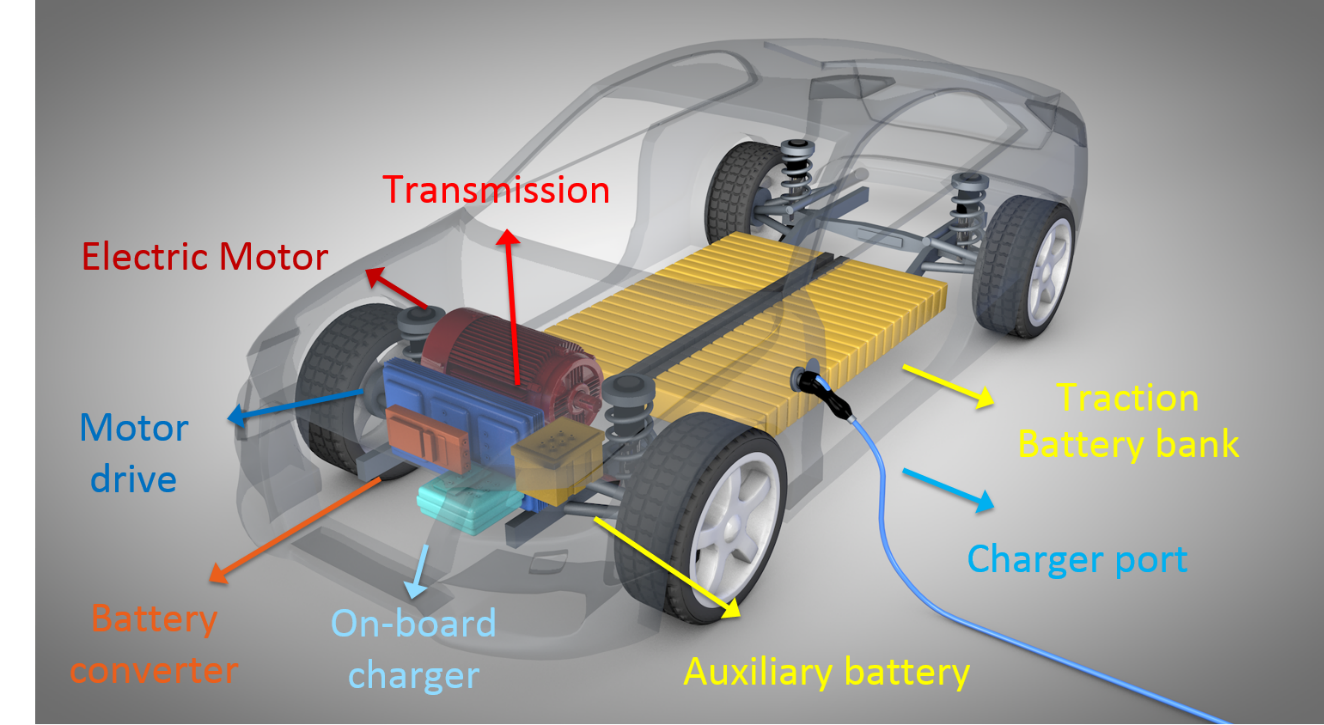
BEVs are known for generating no tailpipe emissions, which in turn, aids in reducing air pollution and greenhouse gas emissions. The charging process involves connecting the device to an external power source, which may include a wall outlet or a specialised charging station. BEVs exhibit varying driving ranges contingent on their battery capacity. However, recent advancements in battery technology have resulted in enhancements in range and charging speed, thereby rendering them progressively feasible substitutes to conventional gasoline-powered automobiles.
Hydrogen Fuel Powered Electric Vehicles
Hydrogen fuel cell vehicles (HFCVs) use electricity to power an electric motor. This is generated by a fuel cell powered by hydrogen rather than drawing electricity directly from a battery. The fuel cell generates electricity through an electrochemical reaction in which hydrogen and oxygen are combined to generate electricity, heat, and water. The fuel cell comprises an anode, a cathode, and an electrolyte membrane. In general terms, hydrogen enters the fuel cell through the anode, splitting into electrons and protons. Hydrogen ions pass through the electrolyte, which forces the electrons through a circuit, generating an electric current and excess heat. Oxygen entering the cathode combines with electrons from the electrical circuit and the hydrogen ions that have passed through the electrolyte from the anode, creating a harmless emission of H2O.
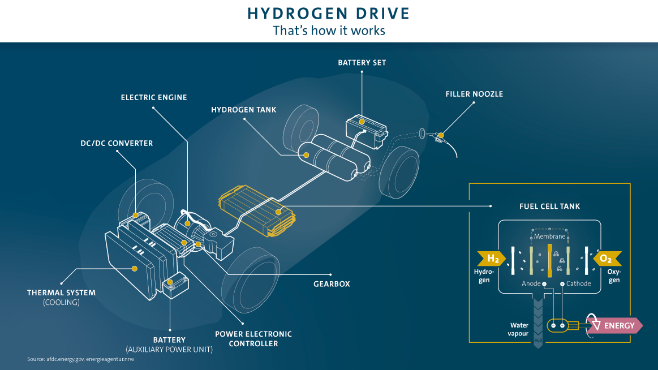
HFCVs are classified into two that are Fuel Cell Electric Vehicles (FCEVs) use hydrogen fuel cells to generate electricity, which powers the electric motor for propulsion, emitting only water vapour as a byproduct. They have longer driven ranges and can be refuelled quickly. And Hybrid Fuel Cell Electric Vehicles (HFC-HEVs) combine fuel cell technology with an additional energy storage system, typically a battery. The fuel cell produces electricity to power the motor and charges the battery for additional power during acceleration. The choice between FCEVs and HFC-HEVs is based on specific requirements and vehicle design considerations.
What makes Hydrogen fuel special?
Hydrogen fuel cells have a far greater energy storage density than lithium-ion batteries, offering a significant range advantage for electric vehicles. Hydrogen fuel cell electric vehicles (HFCVs) have these unique features:
- HFCVs emit only water vapour from the fuel cell reaction. They reduce greenhouse gas emissions and air pollution.
- HFCVs have longer ranges than BEVs. Hydrogen fuel cells can travel long distances without recharging.
- Refuelling an HFCV with hydrogen takes about as long as filling a petrol car. BEVs take longer to charge.
- Hydrogen fuel cells have many uses beyond transportation. They power cars, buses, trucks, ships, and trains.
- Hydrogen can store excess renewable energy generated during off-peak periods and later generate electricity through fuel cells. This promotes renewable energy and grid balancing.
- Hydrogen infrastructure can grow with demand. The hydrogen refuelling network can accommodate more HFCVs as production and distribution technologies improve.
- Hydrogen fuel cell systems are lighter than battery systems, improving vehicle efficiency and performance.
With these features, many automobile companies are working on hydrogen-powered electric vehicles and developing their prototype model to demonstrate their presence in this field. In the table below, we discussed the type of fuel cell used in their various models and their future plans in this field.
Currently available Hydrogen powered Cars In Market
| Manufacturing Company | Type of Fuel Cell | Car Model | Researching Country | Future Plans for Fuel Cell Technology |
| Toyota | Polymer Electrolyte Membrane (PEM) Fuel Cell | Toyota Mirai | Japan | Toyota aims to expand its fuel cell lineup, reduce costs, and promote hydrogen infrastructure development to make fuel cell vehicles more accessible. |
| Hyundai | Polymer Electrolyte Membrane (PEM) Fuel Cell | Hyundai Nexo | South Korea | Hyundai plans to accelerate fuel cell system development and increase fuel cell vehicle production, including commercial applications. |
| Honda | Polymer Electrolyte Membrane (PEM) Fuel Cell | Honda Clarity Fuel Cell | Japan | Honda intends to advance fuel cell vehicle technology and expand the application of fuel cell systems to various segments, including trucks and SUVs. |
| Mercedes-Benz | Polymer Electrolyte Membrane (PEM) Fuel Cell | Mercedes-Benz GLC F-Cell | Germany | Mercedes-Benz is committed to further developing fuel cell technology and aims to introduce a series-production fuel cell vehicle in the future. |
| BMW | Solid Oxide Fuel Cell (SOFC) | BMW i Hydrogen NEXT | Germany | BMW is focusing on developing hydrogen fuel cell technology and aims to offer a production vehicle with a hydrogen fuel cell system by 2025. |
| Audi | Polymer Electrolyte Membrane (PEM) Fuel Cell | Audi A7 Sportback h-tron quattro | Germany | Audi is actively researching fuel cell technology and investing in developing new fuel cell vehicles with extended ranges. |
| General Motors | Polymer Electrolyte Membrane (PEM) Fuel Cell | Chevrolet Colorado ZH2 | United States | General Motors is exploring fuel cell technology for various applications, including military vehicles and potential future consumer vehicles. |
| Nikola | Polymer Electrolyte Membrane (PEM) Fuel Cell | Nikola Tre | United States | Nikola is working on fuel cell integration and developing fuel cell electric commercial trucks to offer zero-emission solutions for long-haul transportation. |
Upcoming Hydrogen powered Vehicle In India
- OSM Plan to Launch India’s First Hydrogen Based Rickshaw With 400Km Range
- Reliance Unveiled India’s First Hydrogen Combustion Engine Technology Solution for Heavy-duty Trucks
- Adani partners with Ashok Leyland and Ballard to make Hydrogen fueled Electric Truck
- MG showcased Hydrogen Powered Fuel Cell MPV Euniq 7 at Auto Expo 2023
Future of hydrogen fuel cell vehicles?
According to the current consensus, the future of passenger and short-range vehicles (such as inner-city delivery vehicles) lies in battery electric powertrains. While hydrogen fuel cell electric vehicles are also considered to have applications in this area, innovation is largely focused on applying hydrogen fuel cells for longer-distance transport, as revealed by a review of the current patent activity in this field.
Suppose one of your main goals is to save the planet. In that case, battery electric vehicles are considerably more energy efficient than hydrogen fuel cell vehicles when considering the steps between power generation and propulsion. With a battery electric vehicle, once the electricity is generated (hopefully from a renewable source), supplying this to your vehicle charging location means that around 5% of it is lost. The process of charging and discharging the battery loses another 10%. Finally, the motor wastes another 5% when driving the vehicle. That makes for a total loss of 20%.
With a hydrogen fuel cell, you must first convert the electricity to hydrogen via electrolysis, which is only 75% efficient. The gas then must be compressed, chilled, and transported, losing another 10%. The fuel cell process of converting hydrogen back to electricity is only 60% efficient, after which you have the same 5% loss from driving the vehicle motor as for a battery electric vehicle. The total is a 62% loss, more than three times as much.
Put another way, for every 1000 W of electricity supply; you get 800 W of energy for a battery electric vehicle but only 380 W for a hydrogen fuel cell vehicle, less than half as much. That’s a massive inefficiency if you’re hoping for a greener future, and this doesn’t even account for the fact that 95% of hydrogen is currently generated from fossil fuel sources. Hydrogen fuel cell-powered electric vehicles have unique advantages, but overcoming infrastructure, cost, and efficiency challenges will be critical to their widespread adoption and integration into transportation.
Writer Remark
Based on my research, it can be concluded that within the scientific community, the prevailing consensus is that hydrogen-powered electric vehicles have the potential to become a viable commercial option. However, whether they will surpass electric vehicle technology and substitute it in the transportation sector remains to be seen and is a matter of lengthy discussion. One factor hindering the commercial development of HFEVs is the lower efficiency of fuel cell vehicles, which is roughly three times that of battery-powered counterparts. As per the findings of a recent study published in the January 2022 issue of Nature Electronics, it has been determined that fuel-cell electric car technology is unlikely to impact sustainable road transport in the future substantially. To a certain degree, the statement holds validity. As a result, it is not anticipated that hydrogen-fuelled automobiles will replace electric vehicles.
Read More:- Top 10 Green Hydrogen Companies In India

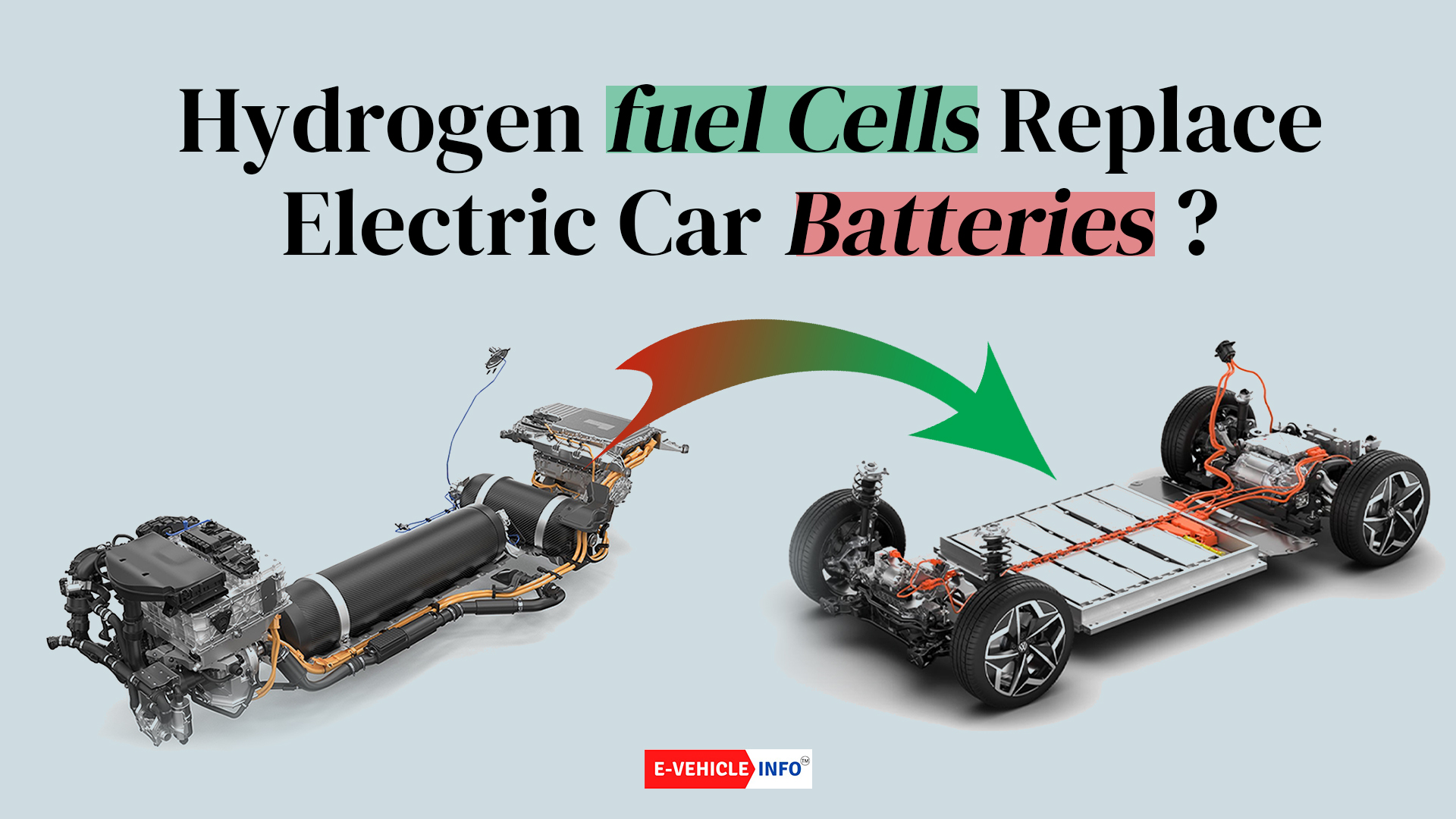
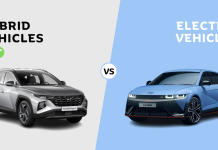
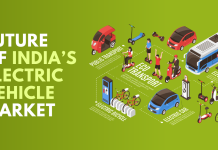
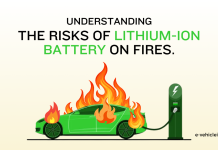



is headline correct, Grammarly?!
Yes
The main problem with hydrogen cars is that there are very few places to refuel them. But it does not have to be that way. Totalenergies is now busy building a mobile hydrogen filling station at Le Mans that can quickly and safely refuel hydrogen cars. All it takes is a tanker of liquid hydrogen and a dispensing pump and we can have a hydrogen filling station anywhere — even in the middle of the desert. And this station can refuel hydrogen cars all day long — and can also refuel hydrogen generators to charge battery cars.
Correct, This is one of the important point to be considered.